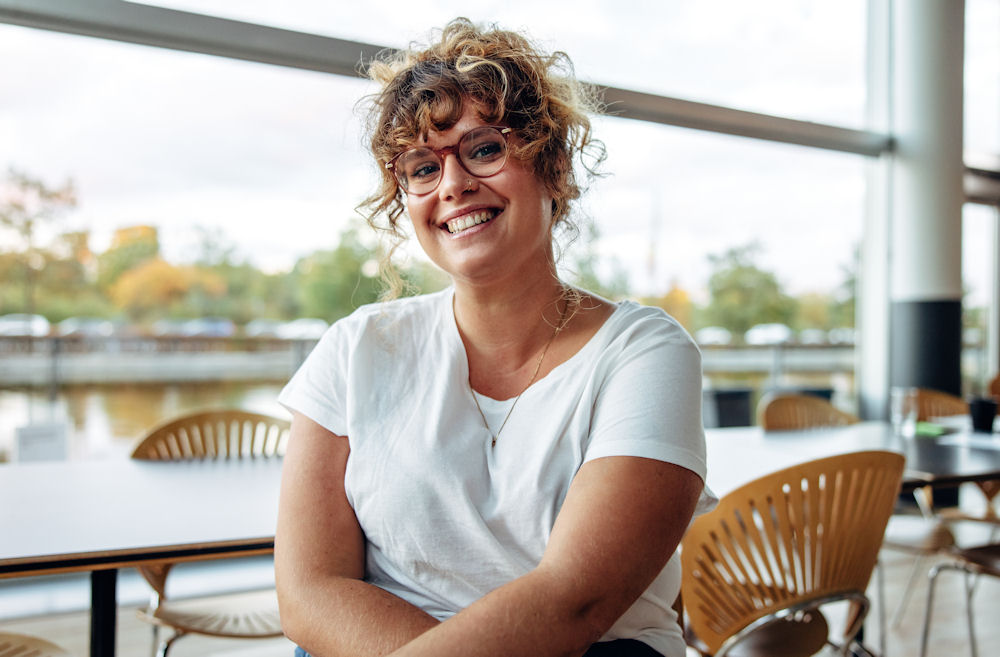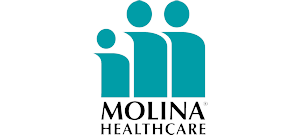
What is an Intensive Outpatient Program for Addiction Treatment?
One of the most significant advantages is the flexibility it offers. Participants can continue with their daily lives while engaging in a structured treatment plan, which can help ease the transition back into normal life.
IOPs can foster a sense of community among participants, allowing them to connect with others facing similar challenges. This shared experience can be instrumental in building resilience and motivation for recovery. Peer support is a cornerstone of IOPs, providing individuals with encouragement and accountability from others who understand their struggles.
Therapy for Addiction
A personalized treatment plan at an IOP may include:
This therapy modality is often used to help individuals identify and change negative thought patterns that contribute to substance use. This modality helps individuals learn the relationships between their thoughts, beliefs, and actions.
The therapy techniques associated with DBT are designed to not only target the symptoms of addiction but also delve into underlying issues such as trauma, anxiety, and depression that may contribute to the development of addictive behaviors. They can be very helpful for improving emotional regulation and personal resilience.
Group counseling sessions also play a significant role in IOPs, providing a supportive environment where individuals can share experiences and learn from one another. This support can be incredibly empowering, as participants realize that they are not alone or unique in their struggles.
Mindfulness meditation, yoga, and art therapy are examples of holistic treatments that may be incorporated into addiction treatment programs. These modalities aim to promote overall well-being and help individuals develop coping strategies that do not rely on substances. Mindfulness practices, for instance, can enhance self-awareness and help individuals stay grounded in the present moment, reducing cravings and impulsive behaviors. Art therapy provides a creative outlet for expressing emotions that may be difficult to articulate verbally, allowing for the fostering of healing through creativity.
Family involvement is another key component of therapy for addiction. Family therapy in particular can help address relational dynamics that may have been affected by addiction, fostering healthier communication patterns and rebuilding trust. By involving family members in the therapeutic process, individuals can gain insights into how their addiction has impacted their loved ones, and vice versa. This holistic approach not only aids in individual recovery but can also promote healing within the family unit, helping to create an environment for sustained sobriety.

Recovery Begins Here
What We Treat
Alcohol addiction is one of the most prevalent forms of substance use disorder. IOPs can provide targeted support to help individuals understand their relationship with alcohol, develop healthier coping mechanisms and work towards sobriety.
Heroin addiction poses significant challenges, often requiring comprehensive treatment strategies that include medical detox. IOPs can offer the necessary support and resources to help individuals break free from the cycle of addiction.
The opioid crisis has drawn awareness to the addictive potential of fentanyl and the support required to break the cycle of addiction. IOPs can provide specialized care for those struggling with fentanyl addiction, focusing on withdrawal management and relapse prevention.
While often perceived as less harmful, marijuana addiction can still significantly impact an individual’s life. IOPs help participants explore the reasons behind their use and develop strategies for addressing their addiction.
Opioid addiction remains a critical public health issue. Substance abuse treatment (including IOP programs) can offer a structured approach to treatment, combining medical support with therapeutic interventions to help individuals reclaim their lives.
Cocaine addiction can lead to severe physical and psychological consequences. IOPs provide a safe space for individuals to confront their addiction and work towards recovery through evidence-based therapies.
Methamphetamine addiction is notoriously challenging to treat, but IOPs can offer a comprehensive approach that includes behavioral therapies and peer support. They’re designed to help individuals navigate the complexities of recovery.

Contact Supreme Recovery For Addiction Support
Don’t hesitate to contact Supreme Recovery for more information about their IOP services and how they can assist you on your journey to recovery. Remember, seeking help is a sign of strength, and a brighter future is within reach. Contact us today to learn more.











